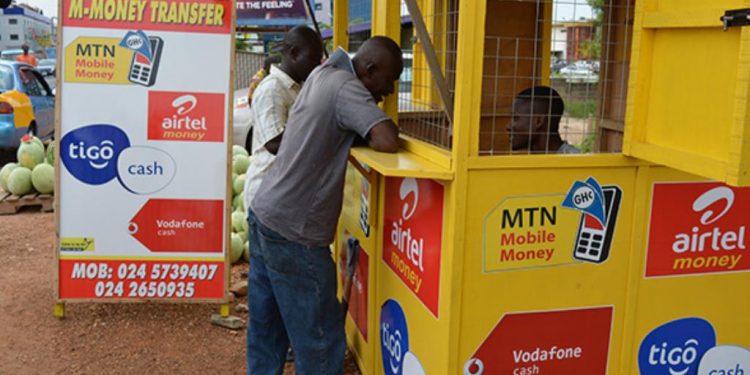Despite the recent economic challenges, the Bank of Ghana (BoG) has confirmed that the banking sector remains solvent and resilient, providing the necessary support for economic growth as the sector is well-positioned to lend funds to businesses.
At the launch of the ‘Absa SME loan at 10%’, second deputy-Governor of the BoG, Elsie Addo Awadzi, stated that the banking sector is able to withstand economic challenges caused by the pandemic and recent macroeconomic difficulties, thanks to the recapitalisation and clean-up exercise which occurred before the pandemic. The industry now possesses the necessary capital and liquidity buffers to maintain resilience in the future.
The ‘Absa SME loan at 10%’ initiative intends to offer affordable loans and business-supporting services to small- and medium-sized enterprises (SMEs) in Ghana – a sector that struggles with access to finance and funding. Through the initiative, SMEs will benefit by up to GH¢11million at an interest rate of 10 percent, with no collateral required for loans up to GH¢1million.
Ms. Awadzi appealed for banks to be inclusive in their offerings and products to ensure all segments of the Ghanaian economy can access necessary financing to help them survive and grow, and contribute to Ghana’s GDP. She praised the Absa Bank initiative as a lifeline for SMEs and for economic recovery, stating that it will have a positive impact on Ghana’s socio-economic development.
Speaking at the launch, Ms. Awadzi commended Absa Bank Ghana and the Mastercard Foundation for leading the initiative – which she described as revolutionary and groundbreaking, as borrowers will receive much-needed capacity-building and business supporting services.
“I do hope this great initiative by Absa Bank Ghana will be a catalyst that brings about more strategic partnerships between Mastercard Foundation and Ghana’s banking industry, so as to support more SME lending and help build a more inclusive, sustainable and resilient economy,” she said.
“As I understand it, this is an initiative under which Absa Bank Ghana and its strategic partners will build the capacity of 5,000 Ghanaian small- and medium-sized enterprises (SMEs) to help make them investor-ready by the year 2025,” Ms. Awadzi added.
Ghanaian SMEs contribute almost 70 percent of the country’s gross domestic product, making them a critical sector in the country’s socioeconomic activities. However, access to finance remains a significant challenge. The offer of affordable loans and business-supporting services is expected to spur growth and success in the SME sector while aiding Ghana’s economic recovery.
The initiative by Absa Bank Ghana and Mastercard Foundation focuses on women- and youth-led SMEs in the agribusiness, fintech and microfinance sectors.
As COVID-19 continues to negatively impact various sectors of the economy, the SME sector has been particularly hard hit. Ghana’s economy remains fragile as the country continues its recovery from the pandemic’s effects. Access to finance remains a critical concern for SMEs, with many unable to access funding to remain solvent – leading to many struggling businesses having to close down.
Ms. Awadzi expressed her hope that this initiative will inspire further strategic partnerships between Mastercard Foundation and Ghana’s banking industry to support more SME lending, contributing to a more inclusive, sustainable and resilient economy.
As the country continues to work toward achieving its statutory objectives of ensuring price stability, promoting economic growth and efficient operation of banking and credit systems, this initiative will play an essential role in achieving them.
The Bank of Ghana has committed to promoting the banking sector’s safety and soundness in Ghana, while ensuring that the industry is well-positioned to support government’s fiscal policies. The central bank also expects banks to rebuild strong buffers over the next few years, in order to promote long-term resilience. The ‘Absa SME loan at 10%’ initiative by Absa Bank Ghana is a significant step toward supporting SMEs in Ghana, and the Bank of Ghana has pledged its support for the initiative.
The Absa product is geared toward helping SMEs become investor-ready by the year 2025, and the initiative will build the capacity of 5,000 companies. The initiative is timely and significant, as it focuses on women- and youth-led SMEs in agribusiness, fintech and microfinance sectors which are often overlooked by financial institutions.
















